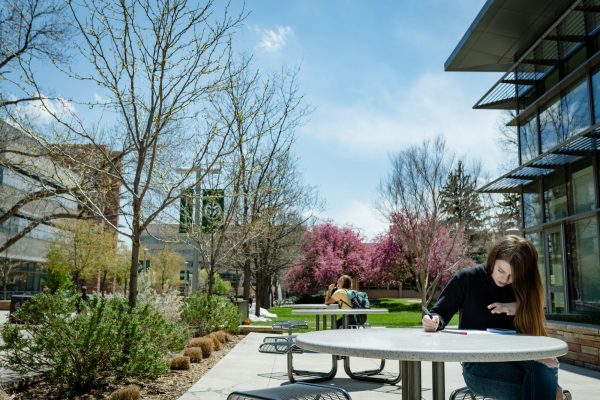
What does it mean to challenge a monolingual expectation of language? Why is it critical to dismantle the notion that American Standard English is the only correct way to speak and write in academia? How do such “rules” diminish and devalue the lived experiences of our students?
These questions, along with many others, are at the center of conversations surrounding linguistic justice—both nationally, and among educators right here at Colorado State University.
In CSU’s Department of English, three programs—the University Composition Program, TEFL/TESL, and English Education—are unpacking how we teach and think about our students’ approaches to writing well, learning language, and instructing pre-service English language arts teachers through a linguistic justice lens.
Understanding the multiplicity and flexibility of linguistic justice
If unfamiliar, the term linguistic justice is not a one-definition-fits-all concept. It can mean different things depending on who you’re speaking to and what discipline they’re coming from. At its core, the practice aims to dispel the long-held perception that for language to be deemed “correct,” it must adhere firmly to certain cultural assumptions and grammatical mechanics. This view not only narrows our understanding of the dynamic nature of language, but also endorses the dominance of “White Mainstream English” as described by educator and activist Dr. April Baker-Bell in Linguistic Justice: Black Language, Literacy, Identity, and Pedagogy (NCTE-Routledge, 2020).
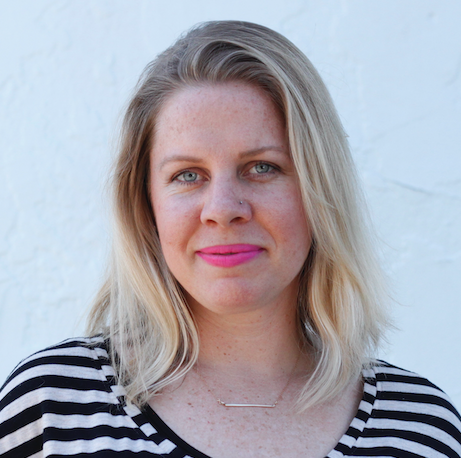
Citing Baker-Bell as a major pioneer in this space, Assistant Professor and Associate Director of CSU’s Composition Program Genesea Carter, recognizes linguistic justice as a framework for centering student choice. From a composition standpoint, Carter believes building linguistic justice into the curriculum honors student voices, identities, and agency within their writing.
“Ultimately, linguistic justice is teaching students how to make choices—informed, audience-focused choices, but also adaptable choices,” Carter said. “For instance, what choices do they make when they write for their psychology professor? How are they practicing for that audience? Or what about their writing choices for The Collegian or on social media? In our Composition courses, our graduate teaching assistants and faculty teach students how to make writing choices based on their audience, the genre, and their purpose. We want to help students articulate their purpose and better understand their audience by acknowledging there isn’t only one way to write.”
One way Carter is amplifying linguistic justice across the University Composition Program is through the longstanding Composition Program professional development series known as Meta Monday. Established in 2018, Meta Monday brings together composition faculty each month (from new CCAF to tenure-track faculty) to discuss composition and rhetoric research and best practices—including approaches to pedagogy, course design, theory, and more. During the fall 2022 semester, the group focused on incorporating principles of DEIJ into their curriculum, whereas this spring, Meta Monday sessions have emphasized nontraditional grading methods to support students’ learning and agency. Within this community, Carter has helped support Composition faculty’s priorities to elevate linguistic justice in their classrooms and adopt a “dialogue across difference” philosophy that encourages conversation rather than argument.
“We teach our Composition students to listen to other people's experiences and read a wide variety of texts from authors of different backgrounds who have lived in different places because it allows us to have a better understanding of how the world works and our communication within it,” Carter said.
GTAs embrace the values of linguistic justice
For Kelly Konrad, a graduate student in the TEFL/TESL program and composition GTA, linguistic justice also considers a student’s comfort-level when writing and speaking outside their native language. Konrad, who has taught multiple international sections of CO150, wants her students to feel comfortable speaking in the language that works best for them.
“I'm a big proponent of encouraging students to use whatever language they need to in order to communicate,” Konrad said. “Once they’ve articulated the idea, we can work backwards from there in terms of things like sentence structure.”
In deconstructing a hierarchy that prioritizes grammar, Konrad is focused on creating a classroom environment that doesn’t value one language over another.
“I don't want my students to ever feel like their language isn't good enough or that they must learn perfect English grammar to be taken seriously or to advance professionally. Learning how to write academic English shouldn’t come at the cost of their identity or native language.”
River Grabowski, a second year GTA studying in the Creative Writing MFA program, considers students’ lived experiences and multiple identities as assets in the CO150 classroom. In the first assignment of the semester, they ask students to write a personal narrative in which they have the freedom to write in the style they would use to communicate with their peers. By interrupting the power dynamic students are most familiar with (where the instructor is the sole audience), Grabowski hopes to expose their students to larger conversations involving the systems of power and histories that have privileged one way of writing over many others.
“I don't want my students to ever feel like their language isn't good enough or that they must learn perfect English grammar to be taken seriously or to advance professionally. Learning how to write academic English shouldn’t come at the cost of their identity or native language.”
“In class, I’m always striving to be honest and transparent with my students,” Grabowski said. “This helps develop a trusting environment where it feels almost like you're in community with your students rather than seen as an authority figure. When the teacher-student divide breaks down in that way, it feels very positive.”
Graduate students who teach AUCC courses outside the Department of English, are taught to incorporate linguistic justice into their assessments of student writing by Assistant Professor and Director of the gtPathways Writing Integration Initiative Kelly Bradbury
For students entering CSU with backgrounds in anthropology, history, political science, and psychology, their introduction to applying linguistic justice to the ways they comment on and grade student essays often inspires a light-bulb moment, Bradbury notes.
“The students I teach are all coming from disciplines that are asking big questions about race, about equity and inclusivity,” Bradbury said.
“But most of them are kind of like ‘Oh wow, I wasn't thinking about those ideas in terms of this job that I have grading student work.’ So, to see them recognize how these conversations we’re having about linguistic justice connect to their own work as anthropologists and historians—it feels like planting a very important seed.”
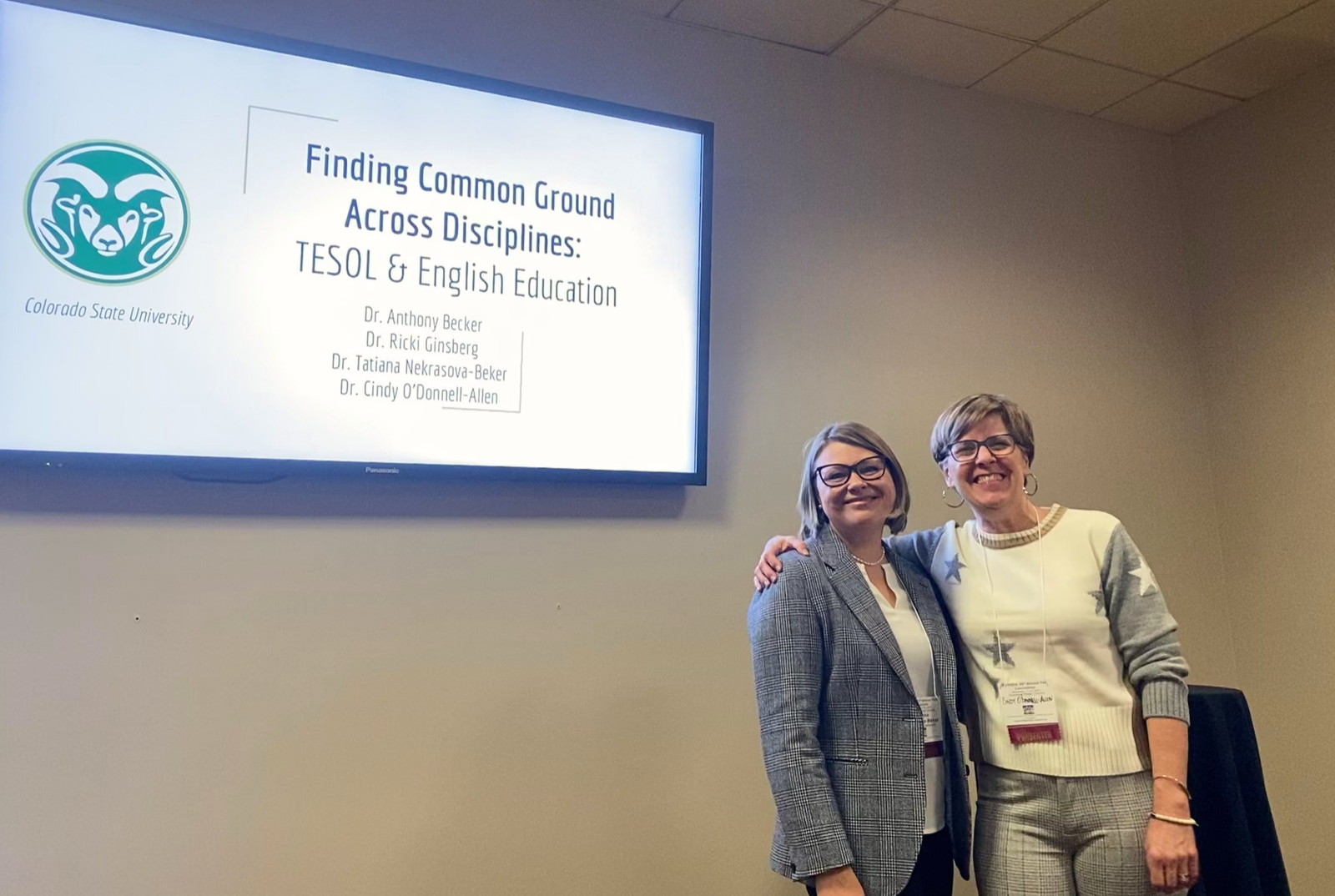
Building Collaboration across Graduate Programs
How does the application of linguistic justice vary between educating future English as a Foreign/Second language teachers and English language arts teachers?
In hoping to better serve graduate students across programs, four faculty members in the English department decided to find out. Working together as a collaborative DEIJ pod during the 2021-2022 academic year, Associate Professors Tatiana Nekrasova-Beker, Tony Becker, Ricki Ginsberg, and Professor Cindy O’Donnell-Allen examined elements of overlap and difference between TEFL/TESL and English Education regarding main concepts and pedagogical practices.
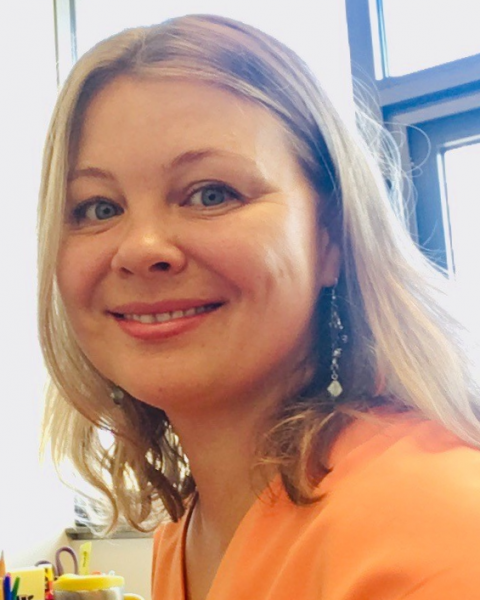
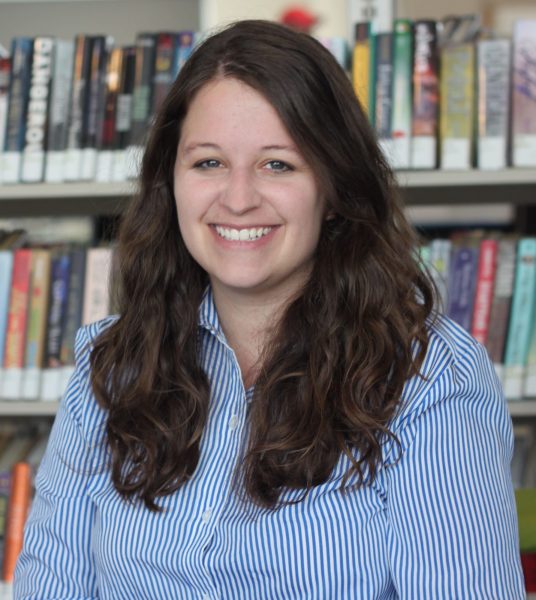
The result of their efforts materialized in sessions at two conferences: One at last fall’s Colorado Teachers of English to Speakers of Other Languages (CoTESOL) conference in Denver, Colorado, and the second at this spring’s virtual International TESOL Convention. In both presentations, the team offered their findings on code-switching, code-meshing, and translanguaging—and how the meanings of these terms alter depending on if you’re coming from a linguistics or education-centered perspective.
For example, Nekrasova-Beker noted the value of code-switching as a method of analysis when thinking about language acquisition for adult ESL learners, whereas in the English Education space code-switching is seen as problematic for it sets up a system in which a student’s home language is devalued or shut off in academic spaces.
By addressing these differences with students in their classrooms, all four faculty members seek to cultivate meaningful conversations between their fields.
“This is why we wanted to come together,” Ginsberg said. “Because linguistics looks at code switching in a totally different way, but in a way that's completely valid as a way of methodologically analyzing how speakers use language. And so, we wanted to have a strong understanding of those different perspectives of language to make sure that we were both teaching in a way that values and honors our students.”
At the end of their pod-year, faculty in both programs came away with a shared lens toward linguistic justice that ultimately underscores student success.
“It's a communicative goal, right?” Nekrasova-Beker said. “We want our students to use their language effectively to reach their communicative goal—that’s what we’re all striving for.”
